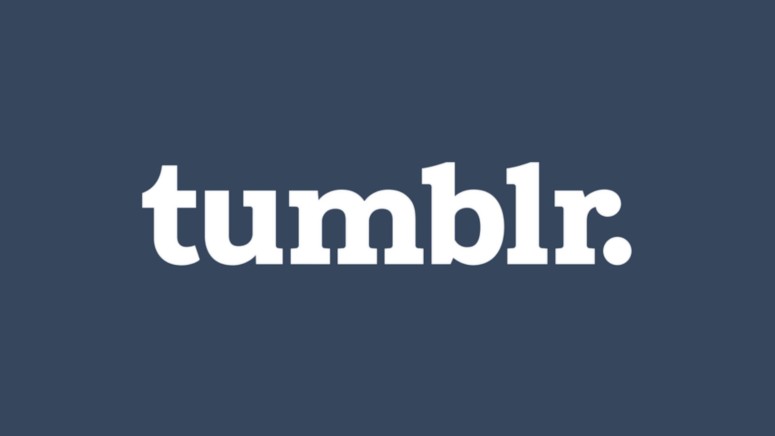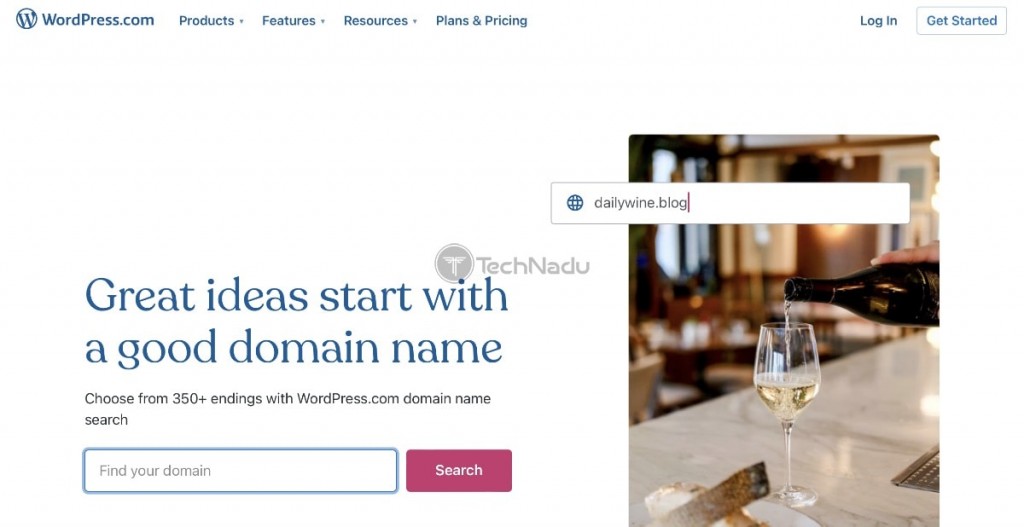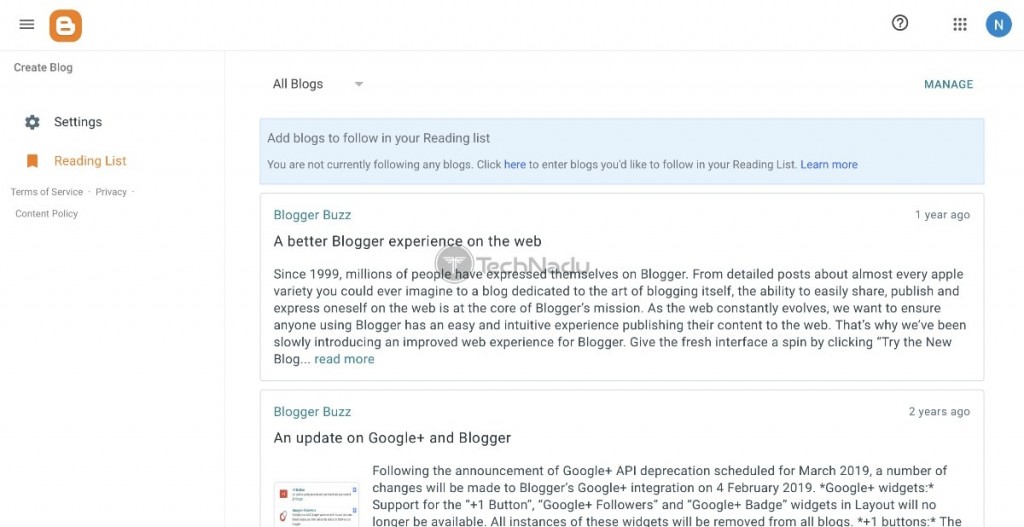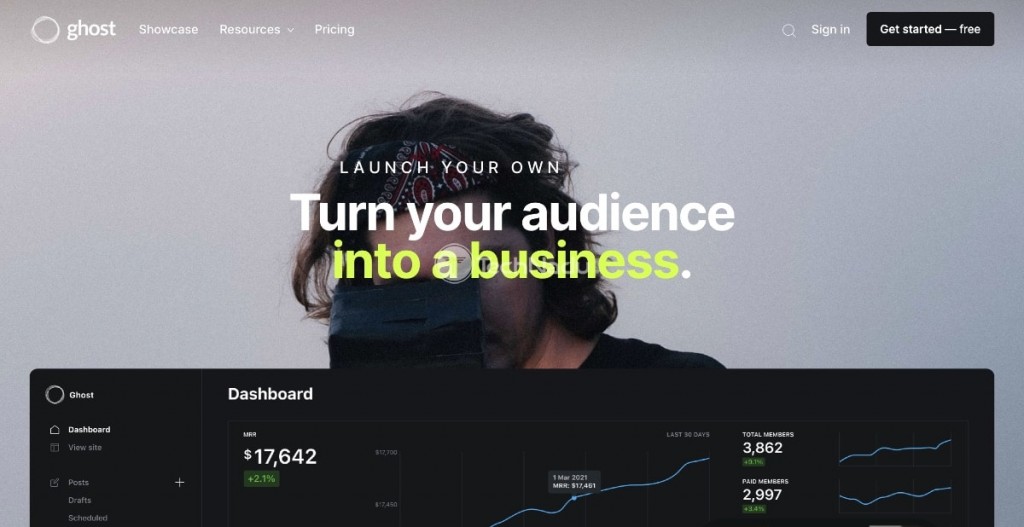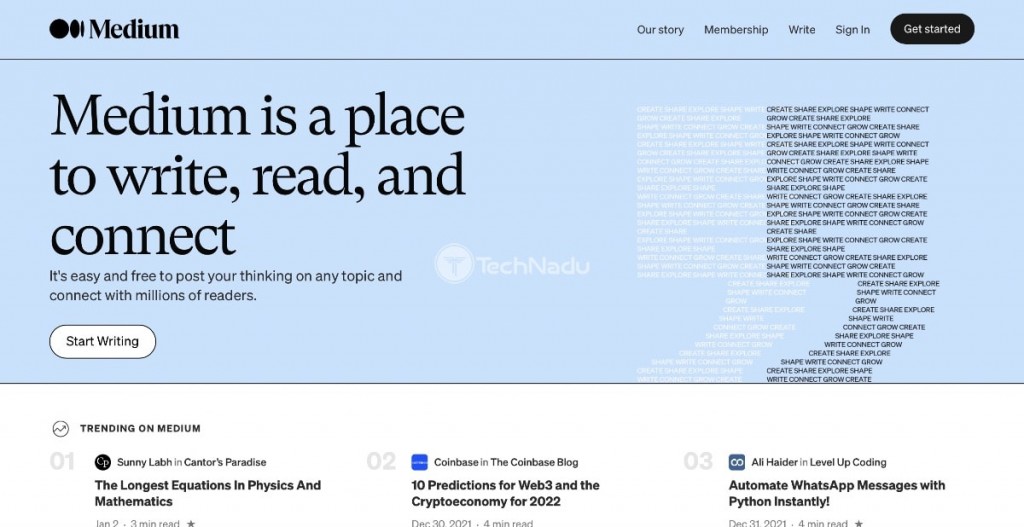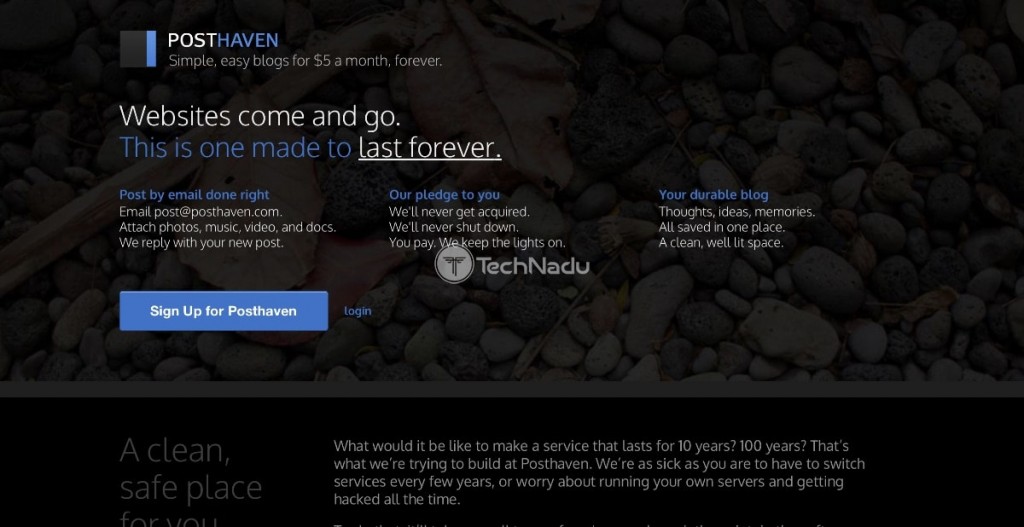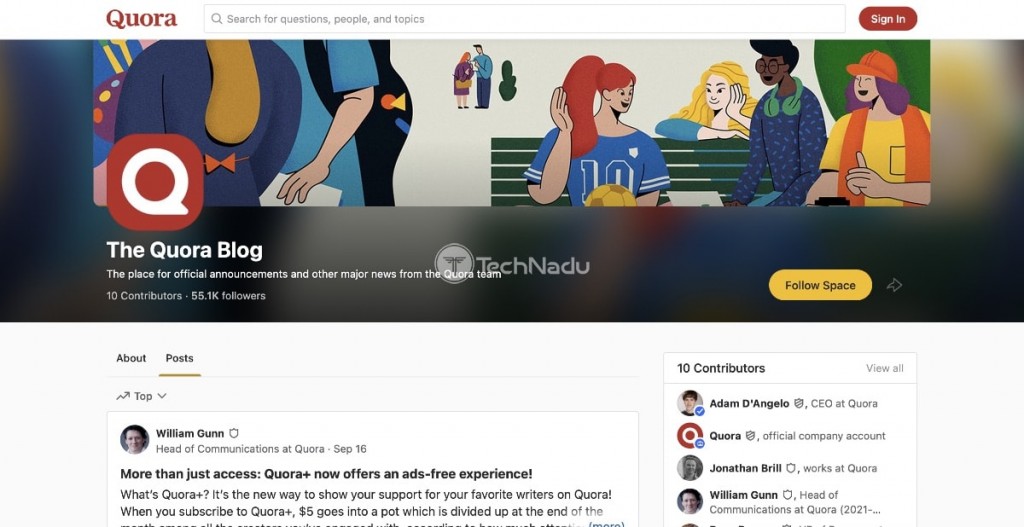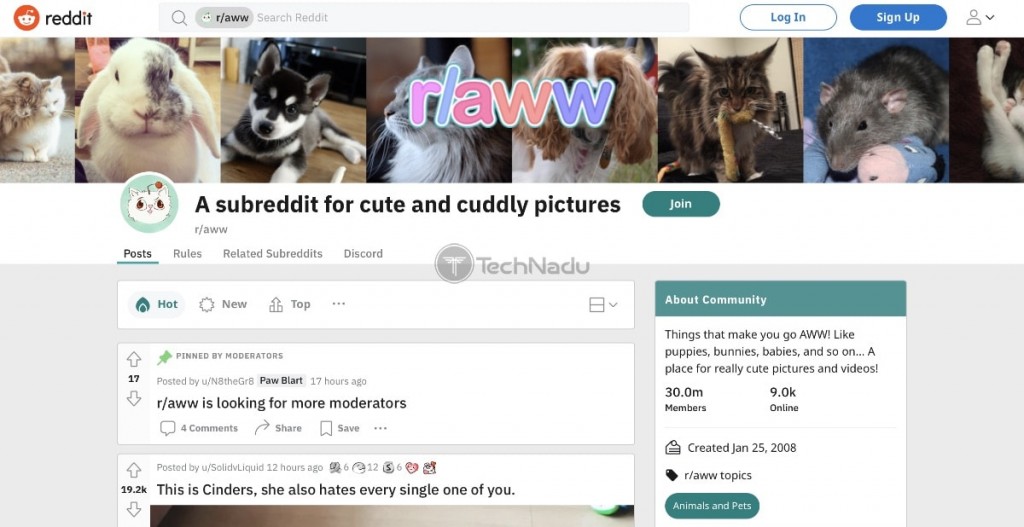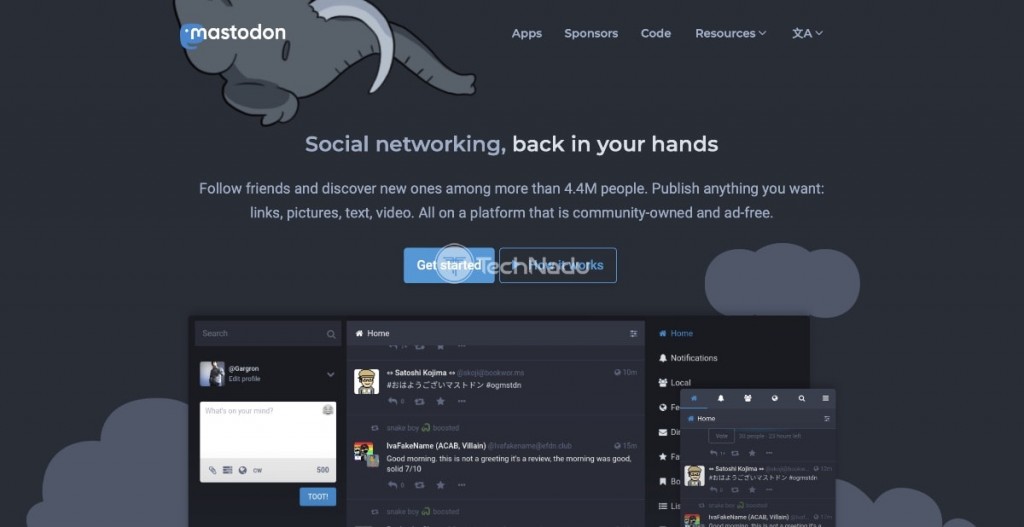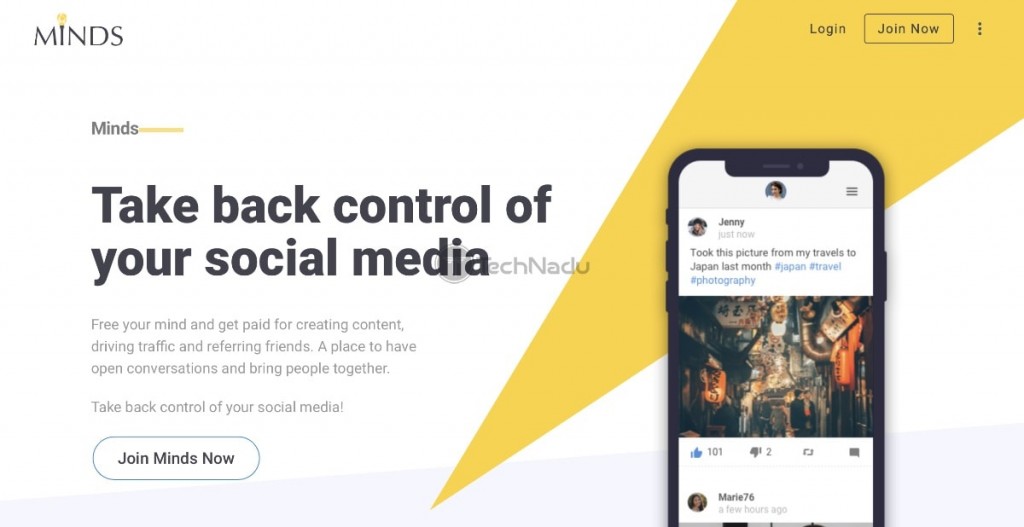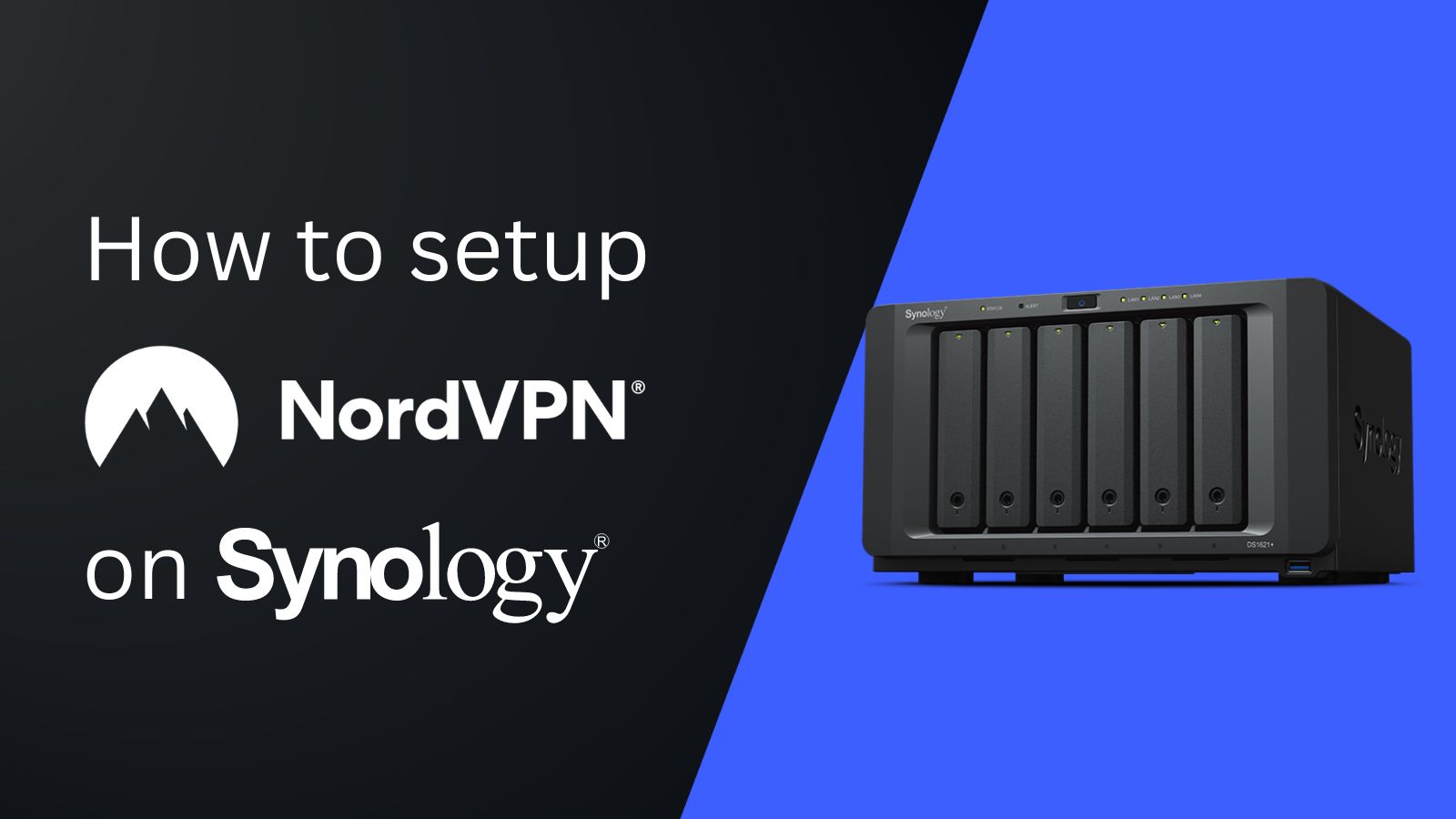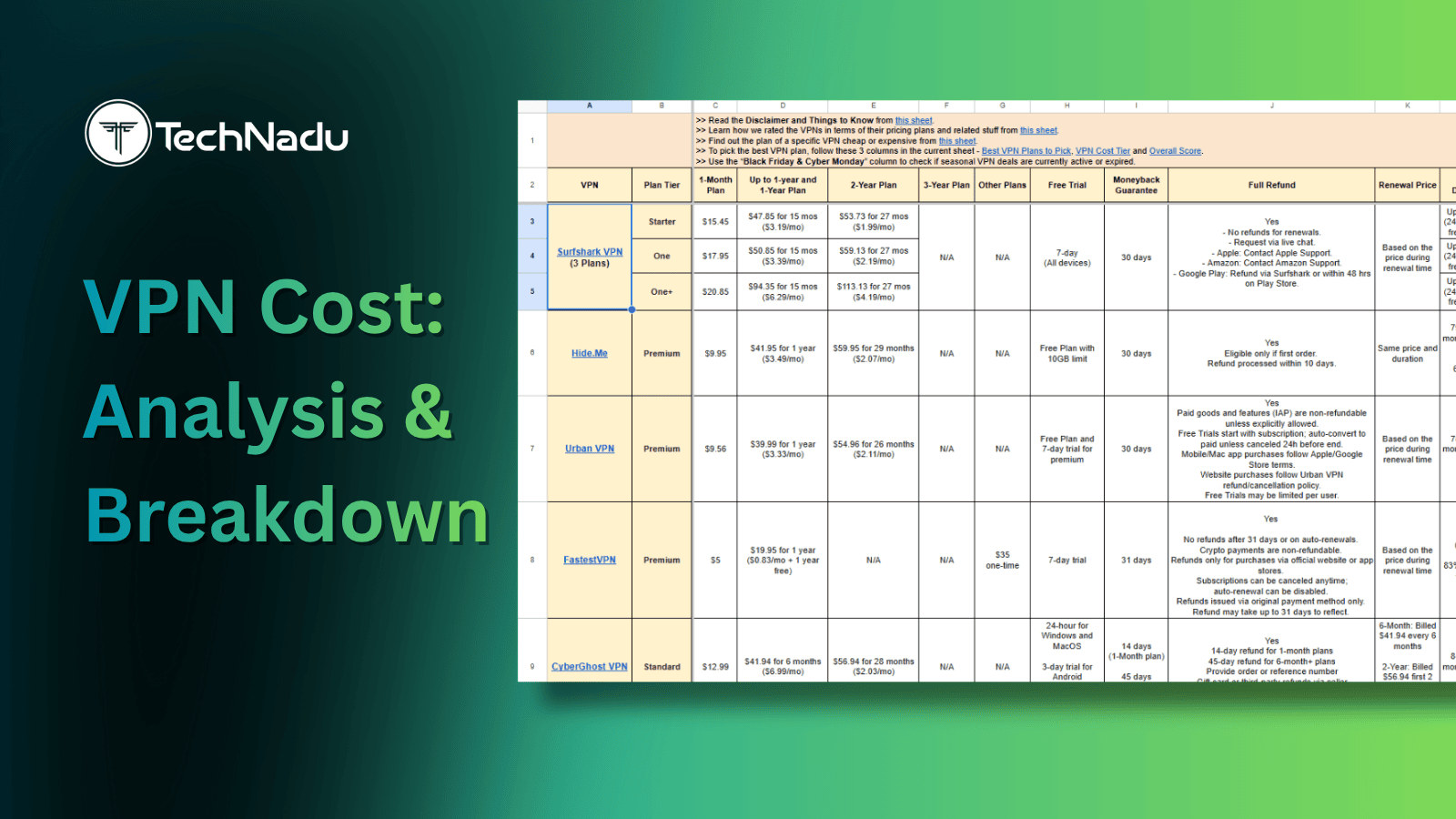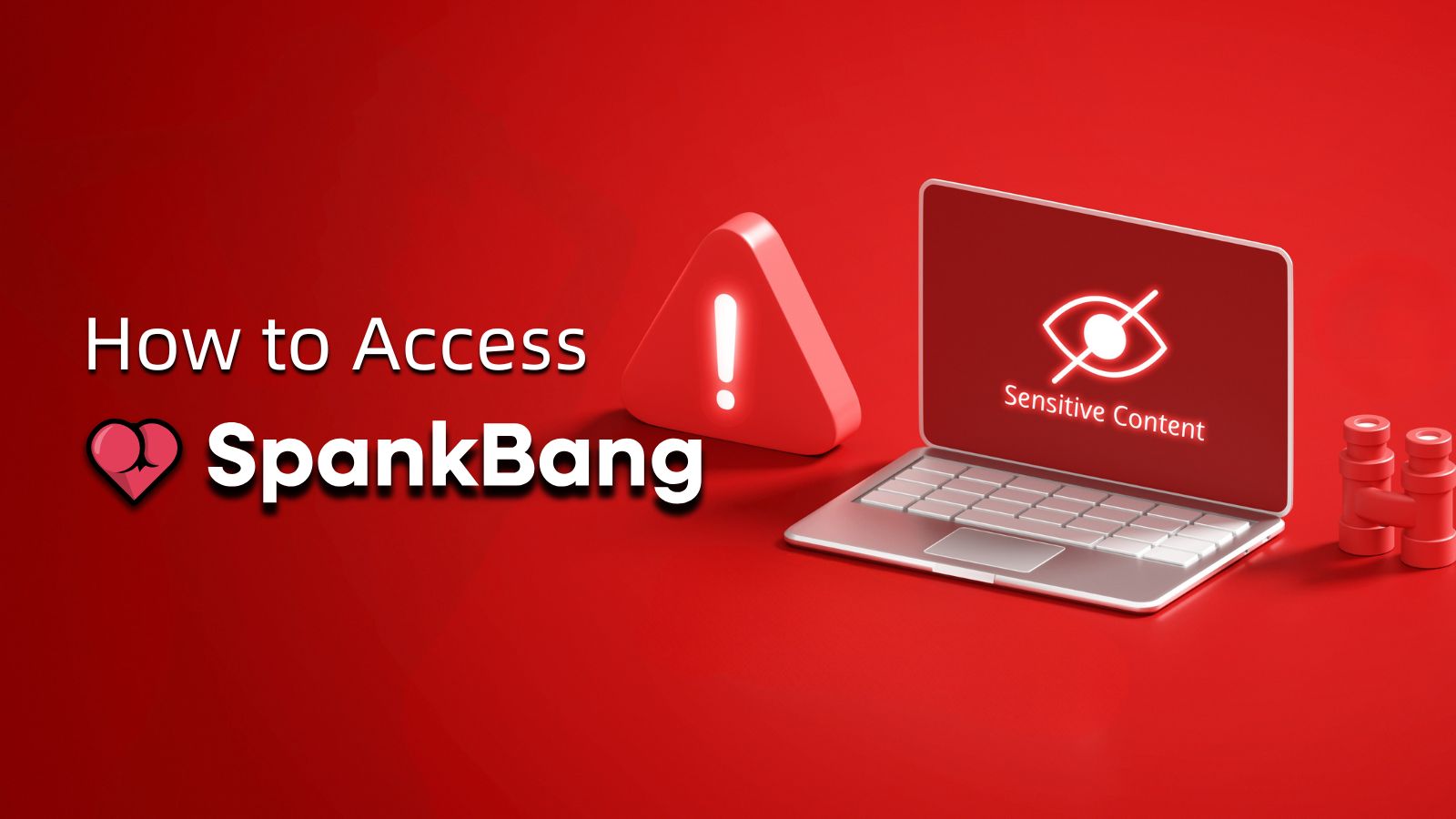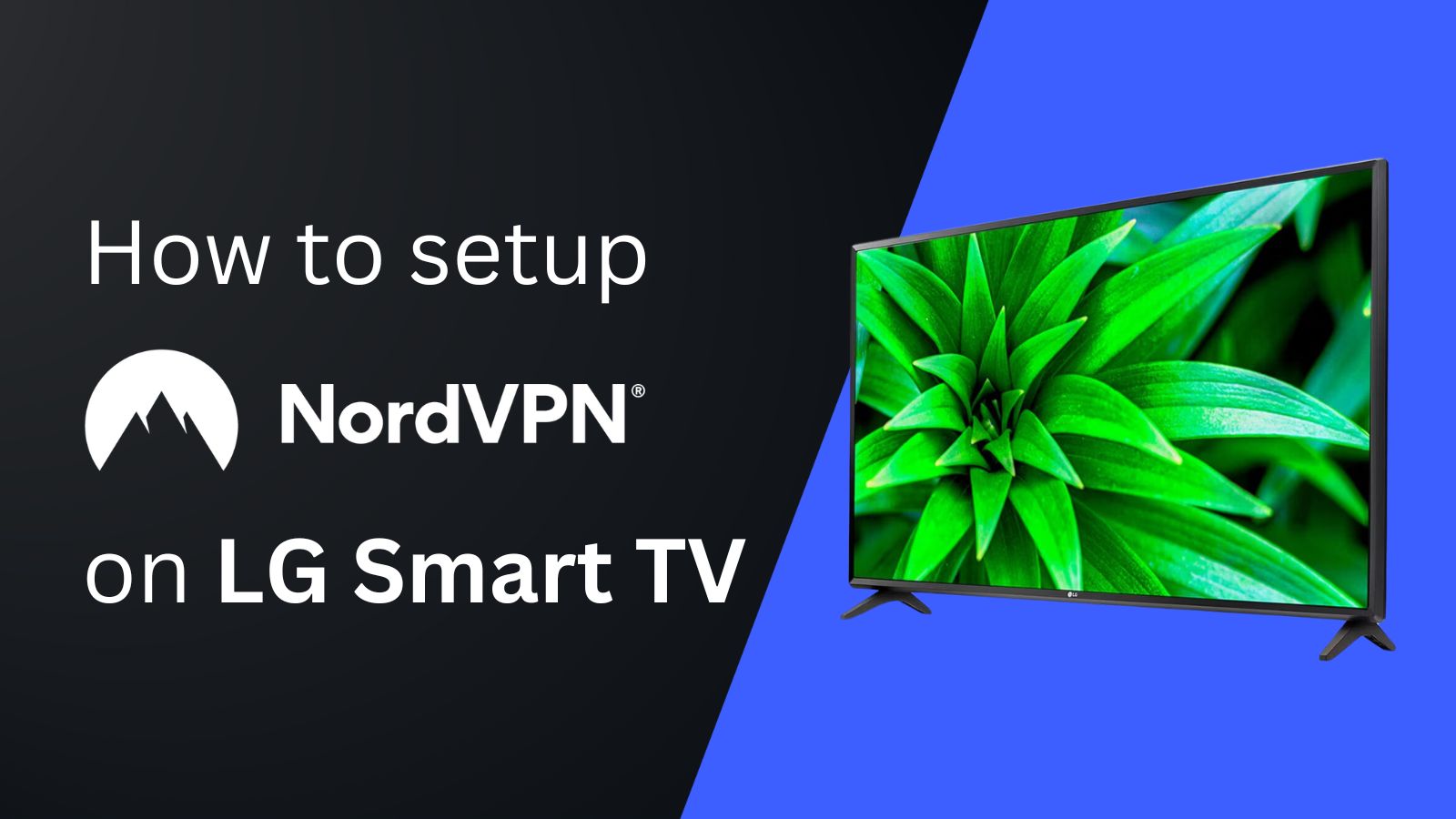
10 Best Tumblr Alternatives in 2022
Tumblr is still one of the most popular (micro)-blogging platforms, hosting close to 500 million blogs. However, its turbulent past and ever-tightening content moderation paved the way for other platforms to thrive. So, if you're after the best Tumbler alternative, know that you have multiple options in front of you.
Whether you want to contribute to the world of blogging or if you want to join a thriving community and consume its content, your options are vast. If you keep on reading, know that you'll find a strong set of recommendations with all kinds of blogging platforms that let you express your personality in a unique way.
That means all our recommendations allow you to create your space on the Internet, your very own blog, designed as per your preferences. And also, if the reason why you've left Tumblr is due to (the absence of) NSFW content, we'll make sure to include platforms that still support that type of content.
So, let's waste no more time - and start talking about the best apps similar to Tumblr in 2022.
What Is Tumblr?
By definition, Tumblr is a micro-blogging platform. You can use it to share text (posts), photos, quotes, links, as well as photos, videos, and audio files.
Founded by David Karp in 2007, Tumblr reached massive popularity in just a couple of weeks. It became known as a community for all kinds of creatives, using the platform to share bite-sized posts. Then, it was sold to Yahoo in 2013 and transferred to Verizon's hands in 2017.
Under its corporate ownership, Tumblr struggled to keep its users. The final blow came with Verizon's decision to implement stricter content policies, banning NSFW (not safe for work) content, which forced many Tumbler users to start looking for alternatives.
In 2019, Tumblr was sold to Automattic, the company behind WordPress, the world's most popular website builder/blogging platform. However, not much has changed in these past couple of years, as adult content is still not permitted.
With that said, even though Tumblr still has an army of very loyal fans and users, it's hard to imagine seeing it return to its former glory. As you're about to see, there are excellent sites similar to Tumblr out there, many of which bring unique features.
What To Look For In a Tumblr Alternative?
There are countless blogging platforms out there. However, very few of them can be considered true alternatives to Tumblr. So, here's what to look for in a capable Tumblr replacement:
- Ease of Use: Tumblr is known for its ease of use. Creating an account and setting up your blog takes less than a minute. Once you do that, you can publish posts from any device without any technical knowledge. Therefore, an alternative to Tumblr should be easy to use but should also allow you to grow into more complex features - if you wish to do so.
- Allowed Types of Content: If the reason why you're switching is NSFW content, make sure to pick an alternative that explicitly allows that type of content. Not many sites are willing to handle NSFW images, videos, and illustrations. So, it's always a good idea to check a few privacy policies or contact companies behind blogging platforms.
- Customization Features: Tumblr comes with hundreds of themes, letting you switch to a new look instantly. Aside from that, you can dive into your blog's code to implement deeper visual changes. That means that a capable Tumblr alternative should offer themes at least. If you're a more advanced user, look for a platform that lets you customize HTML and CSS or even build your blog from scratch.
- Management & E-Shop Functionality: When it comes to this aspect, you'll have an easy time finding an alternative that lets you transform your blogging into a revenue source. So, if you're interested in selling your art (for example), you need a platform that lets you set up a shop.
- Value & Price: Even if you don't want to spend a single dollar, you'll still have plenty of options. However, the best blogging platforms out there cost at least a couple of bucks - but they tend to bring features not found elsewhere. For example, you might get premium themes, advanced SEO tools, and similar. So, don't forget to check how much you'll get for your money.
10 Best Tumblr Alternatives in 2022
After plenty of research and based on our hands-on experience, we believe the following are the best 10 alternatives to Tumblr:
- WordPress - Best All-In-One Tumblr Alternative
- Blogger - Best for Personal Use / Simple Blogs
- Ghost - Best Hassle-Free Blogging Platform
- Medium - Best for (Dedicated) Writers
- Posthaven - Best Privacy-Friendly Blogging Platform
- Quora - Best for Bulding a Following
- Reddit - Best Discussion-Focused Platform
- Mastodon - Best Social Media Tumblr Replacement
- Minds - Best New-Age (Crypto) Platform
- Pinterest - Best for Visual Types of Content
1. WordPress - Best All-In-One Tumblr Alternative
As per the latest statistics, about 43 percent of the websites on the Internet are built using WordPress. With such dominance, WordPress is undoubtedly a product worth exploring, especially if you have a business attached to your brand.
WordPress has two variants on offer. There's an open-source, free content management system that you can easily install on your Web server (which means you'll need to pay for hosting). And then, there's a blogging platform with reasonably priced premium features (which you can start using free of charge, in a limited form).
This blogging platform is also known for its customization. It offers innumerable plug-ins and themes for all sorts of functionalities. Using pre-built themes, you can create a website in minutes and then spend hours and days customizing its design elements.
With that said, WordPress can be as straightforward or as complex as you want it to be. If you're looking for something similar to Tumblr, you'll manage to start publishing your content for free. And if you want a pro-level website (with e-commerce functionality, for example), you'll find many tools (no coding required) to help you achieve your goals.
In the end, this Tumblr alternative will most definitely help you achieve your goals. However, we recommend it to those with some technical knowledge. That especially goes for those looking to host their blogs.
PROS
- User-friendly design.
- Unlimited customization options.
- Thousands of plug-ins available.
- Supports all kinds of blogs and sites.
- Available free of charge (in a limited form).
CONS
- More complex sites have costly upkeep.
- More complex tasks might require professional help.
- Requires some technical knowledge.
2. Blogger - Best for Personal Use / Simple Blogs
A product of Google, Blogger has been active for more than two decades now, and it's arguably among the first services that made blogging a universal phenomenon. Even though it's not the most powerful Tumblr alternative, it's great for those looking for something simple.
Since it was first launched, Blogger has always been super easy to manage. It can be directly attached to your Google account and allows you to operate up to 100 blogs per one account. The platform also offers simple analytics to check your page views and traffic sources. Users can also link their blogs to Google Analytics and get a detailed overview of their audiences.
The platform has complete integration with Google’s AdSense program as far as monetization is concerned. This benefits original creators and allows them to sustain their creativity.
When it comes to this platform's limitations, know you can't use it on self-hosted blogs. Still, you're not forced to use Blogger's domain, as you can buy a separate one and link it back to the blogging platform. Apart from that, Blogger brings limited customization options and doesn't support plug-ins.
All in all, we recommend Blogger to beginners and those looking for a free alternative to Tumblr. This platform is easy to get started with, especially if you don't have any technical knowledge.
PROS
- Seriously simple to use.
- Lets you run dozens of blogs.
- Integration with Google services.
- Monetization via AdSense.
- Available free of charge.
CONS
- Non-existing customer support.
- No in-depth design customization.
- Sparse updates.
3. Ghost - Best Hassle-Free Blogging Platform
Ghost is a relatively recent venture out of a Kickstarter campaign and is currently an open-source blogging platform. It has only one mission at hand - to make content publishing as easy as possible. As such, this is a very elegant, simple, and incredibly speedy platform.
Ghost comes in two variants. Since it's open-source, you can host your own Ghost blog using your domain. However, if you want to automate everything, you can "buy" from Ghost directly. Starting at $9/month (for websites with up to 500 members), you can build a blog or website that's ready for use in a matter of minutes.
Speaking of members, Ghost allows individuals to sign up for your blog. Since you can offer both free and premium subscriptions, that means you'll get a new revenue channel. Then, you can publish and send newsletters and create incredibly elegant blog posts that Google will love (since Ghost performs incredibly well).
We also must mention that Ghost receives new updates every single month. It's developed by a team of enthusiasts working tirelessly to improve the platform. For example, the platform recently added various card-like elements, letting you embed files, videos, and products.
With that said, Ghost is a highly interesting blogging platform. It's one of the most feature-rich Tumblr alternatives, giving you plenty of options without compromising its ease of use.
PROS
- Minimalist design (easy to use).
- Highly polished themes.
- Sophisticated built-in SEO.
- Built-in monetization.
- New features available every month.
CONS
- No plug-ins (intergations available).
- Focused on written content primarily.
- Complicated in-depth customization.
4. Medium - Best for (Dedicated) Writers
It was a surprise in the tech world when Evan Williams, Twitter co-founder and CEO, launched an independent blogging platform called Medium. Within only a couple of years, it grew in popularity and became one of the most trusted blogging platforms on the Internet.
Its beautiful minimalist interface (one of Medium's trademarks) keeps everything manageable. With more than 170 million visitors per month, it promises plenty of exposure, even if you're starting from scratch. That's because this isn't a typical blogging platform; but instead, it's a community.
In terms of writing and publishing your content, Medium allows you to compose blog posts filled with text, images, videos, audio, excerpts from social media, and similar. So, it's not a micro-blogging platform, per se. You're free to make your posts as short or as long as you want them to be.
When it comes to designing your blog, Medium gives you a limited set of customization options. You can change your blog's layout, colors, and fonts - but that's about it. The platform doesn't support themes of any in-depth changes.
In 2017, Medium monetized its blogs by introducing the Medium Partner Program. It's designed to distribute its users' subscription fee ($5 per month) to the original creators based on the time Medium members spend reading their articles. So, there's an incentive to produce content that might even help you generate revenue.
PROS
- Minimalist layout.
- Optimized for mobile devices.
- Preferred by Google (great SEO).
- No website design required.
- Available free of charge (for writers).
CONS
- Very limited design options.
- Best suited for traditional blogs.
- Readers need to pay $5/month.
5. Posthaven - Best Privacy-Friendly Blogging Platform
Very few things on the Internet claim they'll stay around forever, and Posthaven is one among them. Their website’s homepage proudly claims that they will never shut down or get acquired. So, if you're looking for an "indie" Tumblr alternative, you might consider Posthaven.
With a subscription fee of $5 per month, the service allows you to have up to 10 blogs per single account. Sadly, trial accounts are not available. However, paying for this blogging platform ensures that your privacy is protected - and $5 seems like a low price to pay.
Posthaven is also rich in features. The platform has email-supported posting, password-protected blogs, audio, and video support. It also features a beautifully minimalist design to keep everything manageable. That means that Posthaven allows you to focus on your content, without having to think of your blog's maintenance.
Users can also invite additional authors to their blogs and customize the look of their site. The platform offers a set of free themes. However, you also get complete HTML and CSS control to build your own theme. Posthaven, for its immortal promise and rich features, is a great place to start your personal blog.
When it comes to its downsides, know that Posthaven isn't the quickest platform to bring new features. You also have limited monetization options, as no plug-ins exist. So, everything about this platform is simple, targeting users with basic needs.
PROS
- Privacy-friendly blogging platform.
- Publishing via email.
- Supports multiple contributors.
- Supports custom domains.
- Promises to last forever.
CONS
- No free/trial version.
- Useful but limited features.
- Purely Web-based.
6. Quora - Best for Bulding a Following
Quora is a hugely popular question-and-answer website making news for more than a decade now. Over the years, it has experimented with many features, among which the ability to create personal blogs was our favorite.
Of course, Quora doesn’t let users host their blog on their domain, but a blogger, artist, or creator can take advantage of Quora's massive exposure. That means that you can gather a following by answering questions and sharing your expertise - related to just about anything out there.
There are certain tried-and-tested tricks to monetize your Quora blogging experience, out of which affiliate marketing is the most effective one. After signing up for a business account, you can create ads and run your campaigns. Since recently, there's also Quora+, which works similarly to Medium (sharing its revenue with creators).
Since Quora isn't a blogging platform per se, it doesn't offer custom themes or custom design options. So, you'll have to work with a limited set of options. Still, that looks to be just enough for its primary purpose - posting questions and answers, as well as engaging in discussions.
Quora is an excellent platform to build your secondary audience and then if you prefer, redirect it to your original site. One more thing that makes Quora a preferable Tumblr alternative is its option to chat one-on-one with your followers and a chance to follow them back.
PROS
- Many niche communities available.
- Ability to create a following.
- Upvoting/ranking system in place.
- Suitable for streamlined blogs.
- Available free of charge.
CONS
- Very limited design options.
- Not a blogging platform, per se.
- Q&A-focused primarily.
7. Reddit - Best Discussion-Focused Platform
A lot has changed on Reddit recently. It’s better looking and has more functionalities now. Its new compact look, privacy policies, strict moderators, follow and chat options, a wide range of subreddits for all kinds of topics and interests are among the reasons to prefer Reddit for blogging.
At the moment, it may not be the most preferred platform, but since it has introduced all the functionalities that an original creator might need, the Internet wants to bet on it. As per the latest predictions, it would be the largest blogging platform in the next few years, and if the prediction has any truth, this might be the right time to hop in.
Reddit has its own culture and is quite different from the other platforms. It's curated by its users and utilizes an upvote system to rank its content. Users get rewarded with Karma points that signal their credibility within the platform. We think if one can get into its culture, it’s a warm community to share your experiences.
With all that said, know that Reddit isn't an identical replacement for Tumblr. It doesn't let you run a blog. However, it lets you create a "subreddit," which you can curate and focus on a single topic. Thanks to Reddit's popularity, that seems like a great way to build a following.
All of the previously mentioned features are available for free. However, if you really want to focus on this platform, getting its premium subscription is worth it. That's how you'll get rid of ads while receiving power-ups and coins - all of which are essential when building a community.
PROS
- Incredibly simple to use.
- One of the most popular sites on the Web.
- Incredibly diverse audience.
- Effective and simple ranking system.
- Available free of charge.
CONS
- Already overflowing with content.
- Fully dependent on its users.
- Has its own culture.
8. Mastodon - Best Social Media Tumblr Replacement
Mastodon was launched to compete with Twitter. It was a way out for people looking for more than 240 characters (Mastodon limits you to 500) and blindly following celebrities. Although it is a decentralized platform, Mastodon runs on a similar principle to Twitter, in which users follow specific topics and individuals that share their interests.
This is an open-source Tumblr alternative with millions of users (which means that it comes free of charge, thanks to its sponsors). You can create posts on the platform and play around with reposts, likes, and comments. The platform doesn’t look like a blogging platform, to be honest, but its functionalities are as robust as Tumblr’s.
Users can also take advantage of the hotkeys, which you can use to make new posts (links, pictures, text, videos) and do all sorts of things related to social media. And aside from that, Mastodon gives you plenty of customization, primarily available through third-party themes.
The platform is famous for its safety. It allows its users to host their personal social media on their private server. That means that your data never leaves your servers. However, that also means that sharing NSFW content is allowed, as you're in charge of your own space.
In the end, we recommend Mastodon to those looking to try something new. Instead of writing long blog posts, you can share bits of information alongside any art you might create, while trying to build your social network, in a way. Sounds interesting, right?
PROS
- 100% safe and private platform.
- Twitter-like Web experience.
- Multiple types of feeds.
- Already used by millions.
- Available free of charge.
CONS
- Official app available on iOS only.
- Limited support documentation.
- Somewhat limited reach.
9. Minds - Best New-Age (Crypto) Platform
Minds is a free and open-source platform where you can start your new blog or website, or your own social media platform. It calls itself the social network of social networks, as it features blogs, videos, channels, groups, and other types of communities.
The platform has a well-established system to monetize your content and posts. It features an ad sharing program which is peer-to-peer advertising where users can pay using Bitcoin, credit cards, or via other payment services. However, you can also get support directly from your followers by posting exclusive videos, photos, or blogs.
Minds support private encrypted chats with other members of the community. Users can also earn points for their engagement; commenting, swiping, uploading on the platform. With that said, plenty is going on with this platform, which means it might be overwhelming for those coming from Tumblr. Still, with a bit of effort, you should be fine.
Next, know that Minds also has a stable mobile app to keep your game on both Android and iOS. The platform also puts its source code in public for its users to review and contribute to. So, unlike other social media websites, this one has nothing to hide.
We'll recommend Minds to former Tumblr users who want something more powerful. It's convenient for digital creators, as it gives you new tools to post and monetize your content. As such, it's definitely unique in many ways and well worth a try.
PROS
- Privacy-friendly blogging platform.
- Similar to social media networks.
- Numerous monetization options.
- Free speech guaranteed.
- Payments in USD or Bitcoin.
CONS
- Can be overly complex for newbies.
- Starting to become more political.
- Overly experimental in some ways.
10. Pinterest - Best for Visual Types of Content
The Tumblr vs. Pinterest debate has been going on for years, and often there is no simple answer or the winner among them. It all depends on the needs of your brand. While Tumblr is a simple blogging platform, Pinterest is a visual social bookmarking tool.
Through Pinterest, users can pin images and videos they like on the Internet. The platform features pinboards that act as a bulletin board to hold your pinned content. Users can organize their pins into separate groups for easy management and sharing.
Apart from being a blogging platform where you can share your experiences in a visual format, it also acts as an excellent social platform where users can comment, like and repin your posts on their own pinboard. This platform helps in making a two-way conversation.
There's also another side to Pinterest, as this is also a well-known e-commerce platform. Through buyable pins, Pinterest can identify objects and help you create a sales funnel. You can also link between product pages, as well as other websites or social media accounts.
There are some other things to consider before you hop on to Pinterest. To thrive on Pinterest, it is important to be visually creative. Also, know that most of Pinterest's users are female. The platform is young and has immense potential. As such, it's a perfect Tumblr alternative for lifestyle and fashion brands.
PROS
- Among the most popular platforms.
- Focuses on visual types of content.
- Helps you sell products.
- Useful for driving traffic to other sites.
- Available free of charge.
CONS
- Not a blogging platform, per se.
- Limited customization options.
- All Pinterest board are public, by default.
That would be all for our list of the best Tumblr alternatives in 2022. If you have anything to add or ask, make sure to do so via the comments section below. Thanks for reading!

